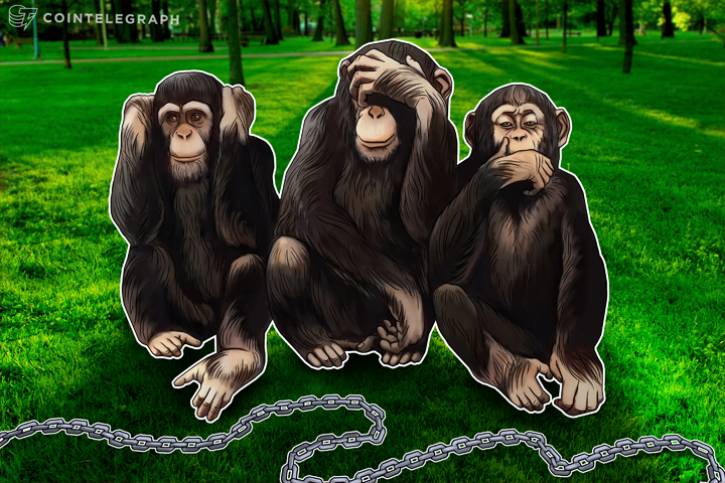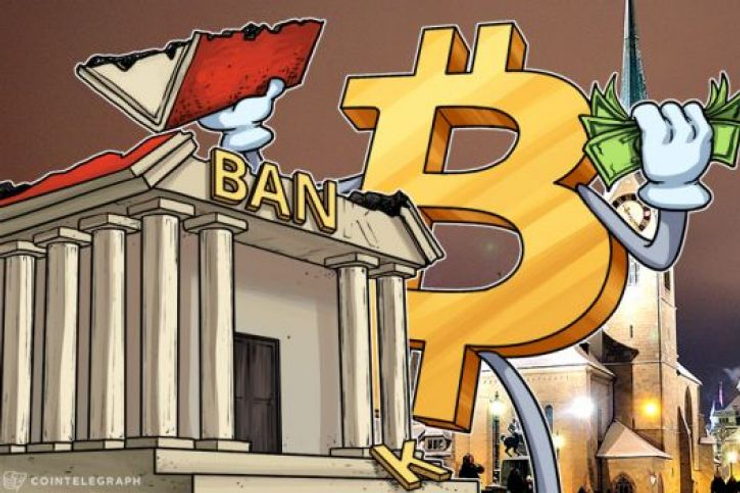Hi, I’m Adil Wali. I became a Microsoft certified professional at age 14 and started my first web development company. That led to a career as a serial entrepreneur, advisor, and startup investor. I got my first “real job” at 33, and I’m now a FinTech executive with a passion for the markets.

John Doerr, the prolific investment partner at Kleiner Perkins Caufield & Byers (KPCB) who backed Google, Amazon, Intuit, and Twitter, popularized the terminology around ‘Missionary’ and ‘Mercenary’ entrepreneurs. He described the stark differences between these two types of entrepreneurs in a 2000 interview using some powerful language:
Mercenaries are driven by paranoia; missionaries are driven by passion. Mercenaries think opportunistically; missionaries think strategically. Mercenaries go for the sprint; missionaries go for the marathon. Mercenaries focus on their competitors and financial statements; missionaries focus on their customers and value statements. Mercenaries are bosses of wolf packs; missionaries are mentors or coaches of teams. Mercenaries worry about entitlements; missionaries are obsessed with making a contribution. Mercenaries are motivated by the lust for making money; missionaries, while recognizing the importance of money, are fundamentally driven by the desire to make meaning.
Despite this being originally inked in the year 2000, I hadn’t read anything about it until recently. And I have to admit that my first response was negative.
As a serial entrepreneur, I find it hard to believe that all of us are either wholly ‘missionaries’ or ‘mercenaries.’ I mean, if you start a company once in your life, I might buy the argument that you are a missionary. I might even buy the idea that you are, in fact, starting a movement and not a company. In all likelihood, though, I’ll call bullshit.
I don’t think it’s realistic for us to believe that entrepreneurs and organization builders are not opportunistic. And it is not fair for us to characterize some entrepreneurs as shortsighted capitalists and others as long-view makers of meaning. That’s especially true if the winners are the ones who were makers of meaning and the losers just happened be the greedy fools.
The reality of the human condition is a lot more complex and a lot harder to codify. This bifurcated oversimplification of the world is just a convenient way for winners to write history. It’s way too convenient and black-and-white to be an accurate portrayal of reality. Having met and interacted with hundreds of entrepreneurs in my career, I feel like most of us exhibit characteristics of both missionaries and mercenaries as they are described by Doerr.
Many of us are excited by untapped opportunity. We could just as easily reframe that as saying, “Many of us are excited by exploiting an opportunity that others haven’t seen or exploited yet.” Is that about a movement or creating meaning? Not necessarily. It may simply start out as capitalizing on a disruptive change in technology. Or it might start out as solving a business problem you’ve had in the past.
Turning that solution into a business definitely takes strength-of-will, however. This is where you start to see a lot of missionary instincts kick-in. We begin to weave a narrative around why we chose to start this business. We figure out how to build what we are doing into a movement. We work to inspire rather than just convince people that what we are doing is going to be a market success.
The dirty-little-secret in all of this: being driven by meaning is just good business. People want to join movements, not companies. If you are a jerk with an uninspired mission, it’s a lot harder to win.
In the end, I would argue that some of us back into the meaning behind what we are doing after we find an opportunity we really like. I think that’s OK. Let’s just be honest with ourselves about how we got there.






